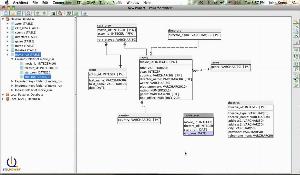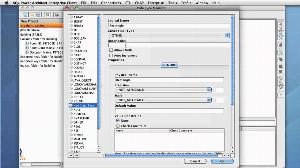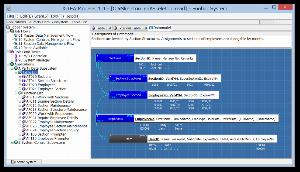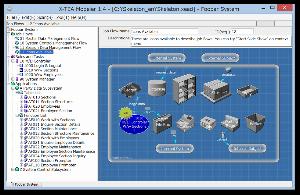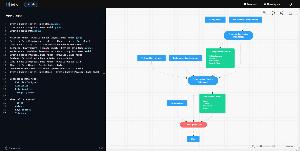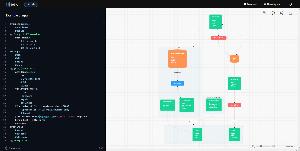Data modeling tools for Apache Derby
List of data modeling and database design tools.
Data modeling is the process of creating and analyzing data models for resources stored in a database. The Data Model is an abstract model that standardizes the data description, data semantic, and consistency constraints of data. Its main purpose is to represent the types of data within a system, the relationships between objects, and its attributes. The data model helps to understand what data is needed and how data should be organized. It is like a blueprint for an architect to better understand what is being created.
SQL Power Architect
SQL Power Architect data modeling and profiling tool provides many unique features geared specifically for the data warehouse architect. Whether you are building a data warehouse or using data models to communicate business rules, SQL Power Architect will facilitate and automate your data modeling efforts.
| Desktop/Cloud: | Desktop |
|---|---|
| Commercial: | Commercial |
| Free edition: |
|
| ER Diagram: |
|
| Runs on: (for desktop): | Mac OS,Windows |
| Forward engineering: |
|
| Reverse enginering: |
|
| Synchronization: | - |
X-TEA Modeler
X-TEA Modeler helps you write models and plans of enterprise systems. Its editor helps you to write specifications of tables, functions, and also to create/alter tables in your database.
| Desktop/Cloud: | Desktop |
|---|---|
| Commercial: | Free |
| Free edition: |
|
| ER Diagram: |
|
| Runs on: (for desktop): | Windows |
| Forward engineering: |
|
| Reverse enginering: |
|
| Synchronization: | - |
Gleek.io
Gleek.io diagram maker is freemium text-to-diagram tool for developers and software architects. It is a cloud tool for model driven software development, and you can run in any browser. Gleek.io is designed to be used during software planning meetings and live collaboration, so it is vital that diagrams can be created quickly.
| Desktop/Cloud: | Cloud |
|---|---|
| Commercial: | Commercial |
| Free edition: |
|
| ER Diagram: |
|
| Runs on: (for desktop): | - |
| Forward engineering: |
|
| Reverse enginering: |
|
| Synchronization: |
|
The wider the scope of data works in an organization, the more advanced data modeling tool is needed. The functionality spectrum of these tools can be very broad. However, the core features of these tools include:
 SQL Server
SQL Server
 Oracle
Oracle
 MySQL
MySQL
 PostgreSQL
PostgreSQL
 Amazon Redshift
Amazon Redshift
 Azure SQL Database
Azure SQL Database
 DBT
DBT
 Google Big Query
Google Big Query
 IBM DB2
IBM DB2
 MariaDB
MariaDB
 SAP HANA
SAP HANA
 Snowflake
Snowflake
 SQLite
SQLite
 Teradata
Teradata
 Vertica
Vertica
